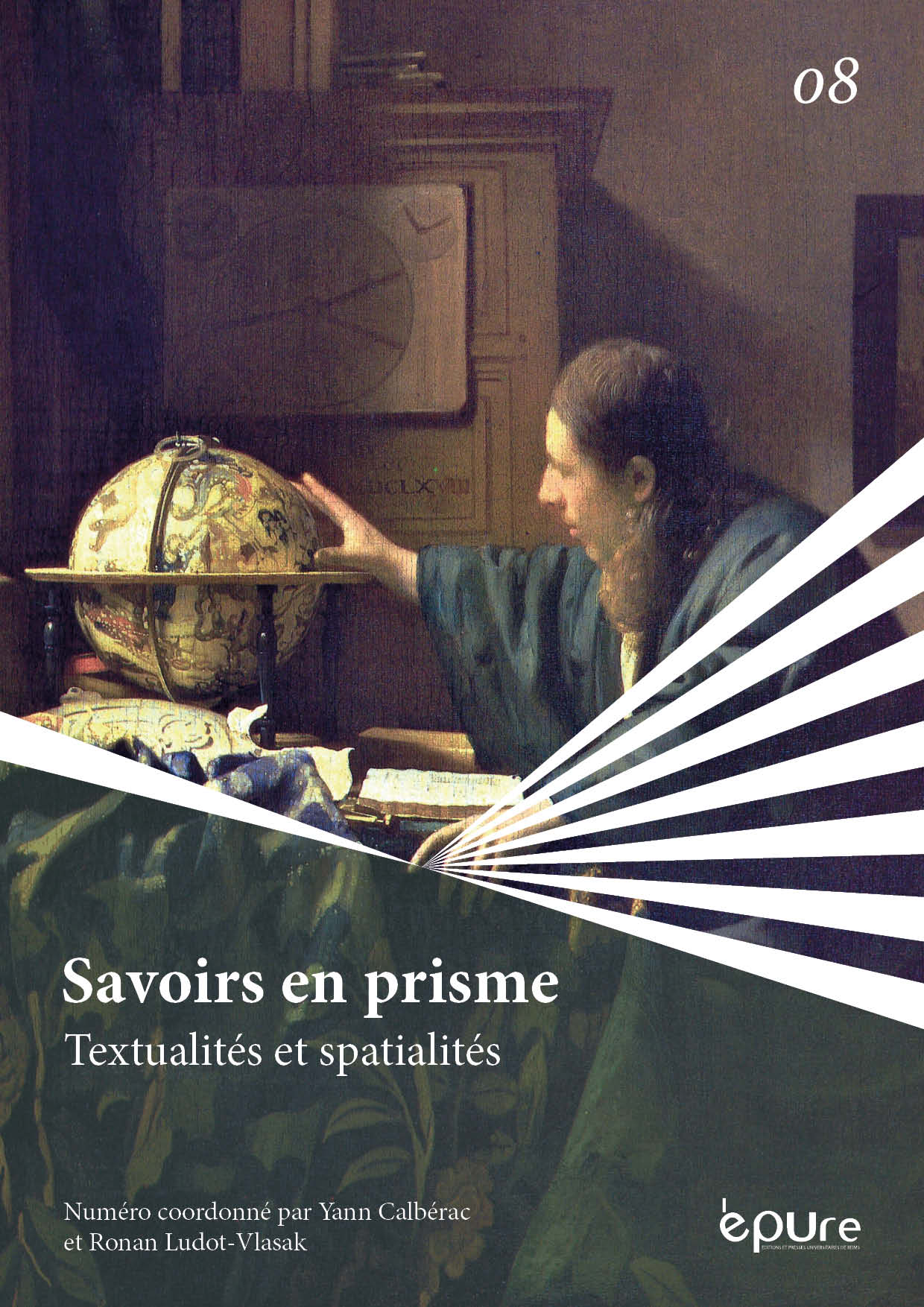The City and the City… and the city: space and the politics of seeing in China Miéville’s novel
Resumen
This article proposes a reading of China Miéville’s police procedural The City and the City based on Henri Lefèbvre system of spatiality. It argues that the novel conducts a literary experiment that allows for the abstract categories of The Production of Space to be incarnated and actualized. The “unseeing” that makes it possible for the two fictional cities and their citizens to occupy simultaneously the same space as they refuse to acknowledge each other’s presence calls attention to the constructed and arbitrary nature of perception and unmasks the work of ideology that naturalizes it. Thanks to the laying bare of the “triplicity” of space that only speculative fiction can accomplish, the reader, like the detective, can explore conceived space, perceived space and lived space and experience their intricate layering as “concrete abstractions” that prevent the reductionism of purely formal modelisations.
Derechos de autor 2020 Savoirs en prisme

Esta obra está bajo licencia internacional Creative Commons Reconocimiento-NoComercial-CompartirIgual 4.0.


